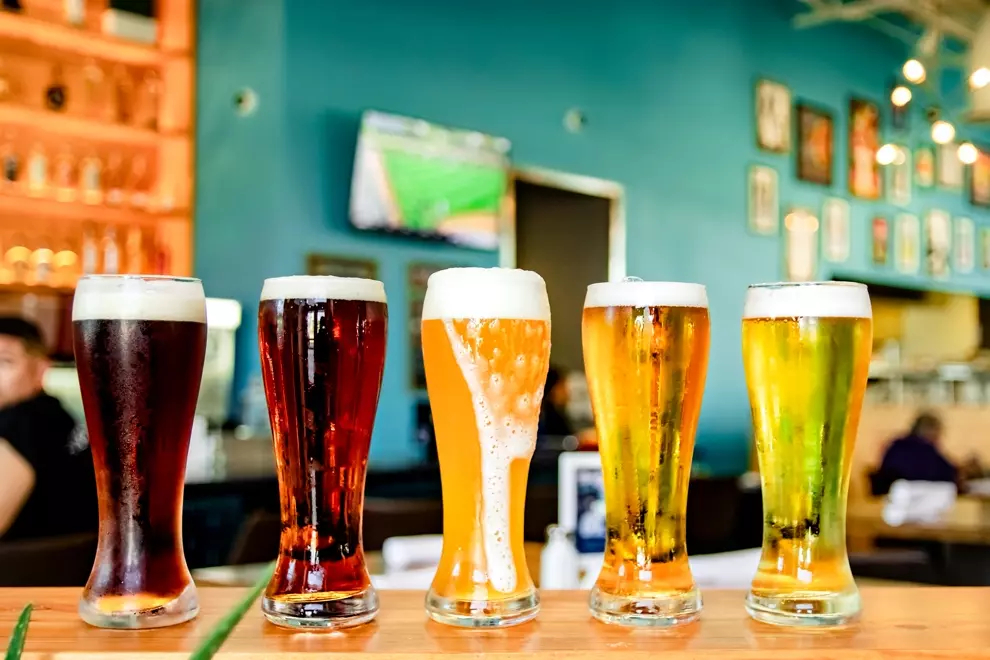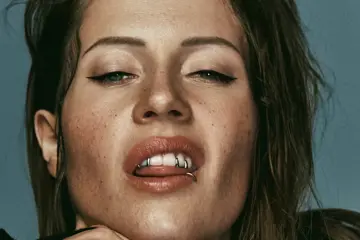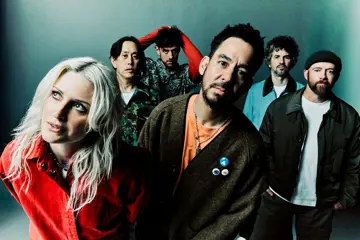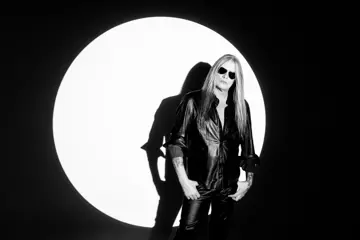Please note that this story may cause distress. If this story brings up issues for you, please reach out for support at one of the services detailed at the end of the article.
Today's Raising Their Voices report into sexual harrassment, sexual harm and systemic discrimination in the Australian contemporary music industry has laid bare the industry's alcohol problem, delving into an unusual and unprofessional co-dependence. The report cited alcohol as a risk factor in the sickening levels of sexual harm which have been uncovered in the study, conducted by MAPN Consulting.
Pointing to the unusual nature of work in the industry and the fact that so much of the industry takes place at gigs and after parties, the report has uncovered significant cultural normalisation, peer pressure and expectation around excessive consumption. Despite the obvious risks, the report finds that the industry has very few supports or safeguards for people affected by addiction or other issues surrounding the consumption of drugs and alcohol.
One anonymous respondent said: "There’re so many tiers to drug taking and alcohol. When I was emerging it was a wild fun time, but if I analysed it most of the time I didn’t want to be there and participating in this. I was there because I wanted to be part of things and to be cool, but I was lucky to survive it. It was amazing and really fun but a lot of those men in that world have had a lot of problems with mental health after their 20s."
Don't miss a beat with our FREE daily newsletter
The report also criticises drinking in the workplace with many participants reporting that the culture of excess was not confined to events. It also identified that refusal to participate in the consumption was often cited as career-limiting. Some younger workers suggested that there was pressure not to leave events, including after-work drinks if more senior staff were present.
One participant explained that as representatives of Australian music, young workers are expected to be ‘vibe merchants’: people who attend gigs and parties and stay late, drink and dance, to create a fun atmosphere for others present.
"I was very regularly excluded from things because I didn’t drink," said another anonymous participant. "I was casually and not so casually told that it would hold me back if I wasn’t willing to go and have a boozy lunch… It was evocative of high school peer pressure."
On a more positive note, some respondents suggested that the culture is slowly changing.
"I’ve noticed a real change in the last few years. Going out and getting shit-faced and taking drugs is no longer the ‘badge of honour’ it once was."
Whether this is through the green shoots of cultural change within the music industry, or simply because of the documented drop in alcohol consumption in younger demographics, the impact of a healthier industrial relationship to alcohol can only be a good thing for the industry's participants.
The report references the well-known relationship between alcohol consumption and sexual harm in the workplace, noting that while alcohol and drugs do not in and of themselves cause inappropriate behaviour, they can be a contributing factor. Young women and women more generally are most likely to experience harm due to another person's drinking and the horrific levels of sexual harm uncovered elsewhere in the report are enough to demand change.
One of the report's recommendations is that the industry develops and implement consistent alcohol and other drug policies across the music industry with the assistance of expert advisers to ensure compliance with work health and safety obligations, and the principle of harm minimisation.
If this article has raised issues for you, please reach out for help at one of the support services below.
SUPPORT SERVICES
- Support Act Helpline: 1800 959 500
- 1800RESPECT: 1800 737 732
- Lifeline Hotline: 13 11 14 or text their helpline on 0477 13 11 14
- SANE: 1800 187 263
- Suicide Call Back Service: 1300 659 467
- Beyond Blue 1300 224 636
















